The DJ and sage Mark Radcliffe once said that he didn’t think he could ever like anyone who didn’t love David Bowie’s song ‘Heroes’, and while that might be going a bit far, I can see what he means. As it happens, ‘Heroes’ is still my favourite Bowie song, and Low and Heroes are still my favourite albums, slightly more than 38 years after they were first released. No one told us when we were teenagers that our barely formed music tastes would stay with us for the rest of our lives, but if we didn’t even suspect it then, we know it for certain now.
If you do have to die, though, you might as well do it as Bowie has just done, without anyone outside your intimate circle having an inkling and thus with dignity and integrity intact. For most of the first decade of this century, when Bowie made no records at all, we thought he was seriously ill and possibly dying. We seem to have been wrong. Then, after The Next Day appeared from nowhere in early 2013, we thought that if he had been ill, he was now back to rude health. We were wrong about that too. In our barmily overconnected world, where everyone knows everything about everyone, Bowie withdrew into private life, gave no interviews, didn’t play live, didn’t play the game. We would see him only in the occasional video, finally looking his age or something approaching it, and demonstrating a frailty of voice that Tony Visconti’s artful productions made no attempt to conceal. But still he had that amazing hair. You can’t be ill if you have that hair, can you? Of course not.
The clues were probably there if we had been paying attention. Bowie hasn’t written a straightforward lyric since George Osborne was in short trousers, but it’s now clear that the new album Blackstar is all about death, just as The Next Day was about encroaching old age. It’s easy and convenient to see shape and pattern in a career that has only just reached its end, but Bowie was as aware of those shapes and patterns as anyone. When he wasn’t creating them himself, he certainly didn’t resist them. Until his mid-thirties he had subsumed his life into his art. In the 1980s and 1990s the quality of his records declined, possibly because he realised there was more to life than art. Then during the great silence, art was shoved to one side altogether. Only in his brief old age, when work-life balance ceased to be a problem, did the quality of his work return to that of his 1970s peak. A lesson for us all, especially anyone who has tried to listen to Tin Machine recently.
In my last few years of writing a pop column for this magazine, I became slightly obsessed with pop stars dying, and I returned to the subject again and again. We have now lost all four Ramones, and at least two members of Lynyrd Skynyrd have died and been replaced by people who have since died. But Bowie is different, for all sorts of reasons, mainly to do with having made a handful of extraordinary records that have never aged or faded a jot. And in Blackstar he has left us with an album we are going to enjoy getting to grips with, possibly over many years. It’s the only legacy that counts, and he knew that, to the end.
Got something to add? Join the discussion and comment below.
Get 10 issues for just $10
Subscribe to The Spectator Australia today for the next 10 magazine issues, plus full online access, for just $10.

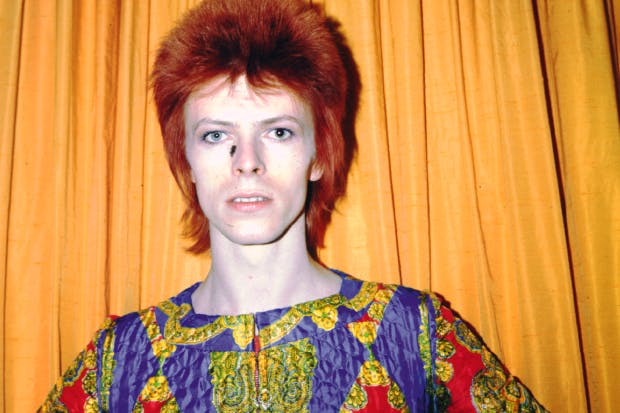
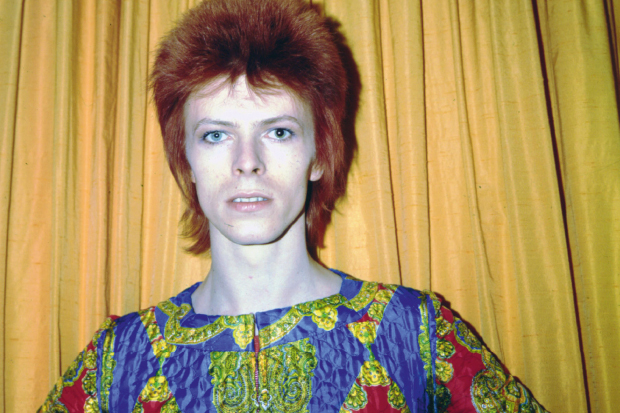
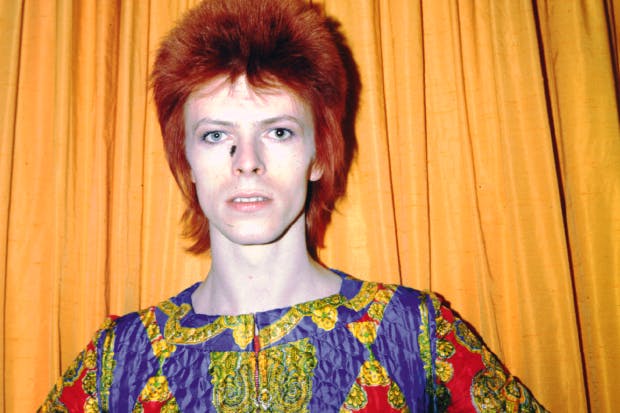

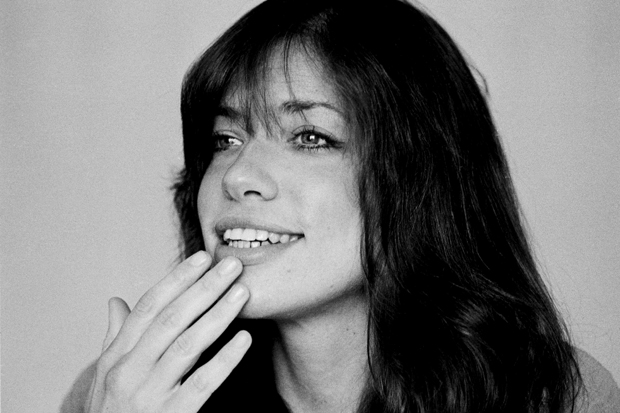
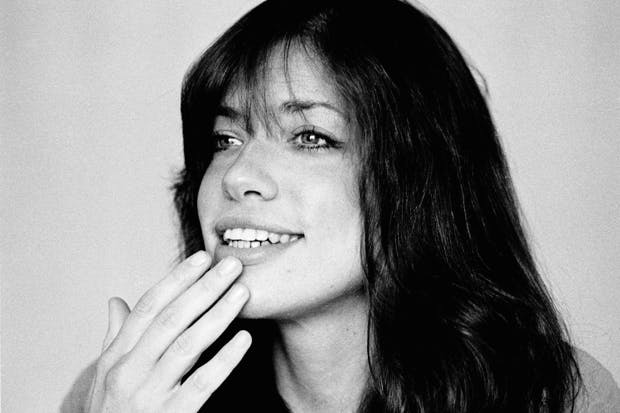
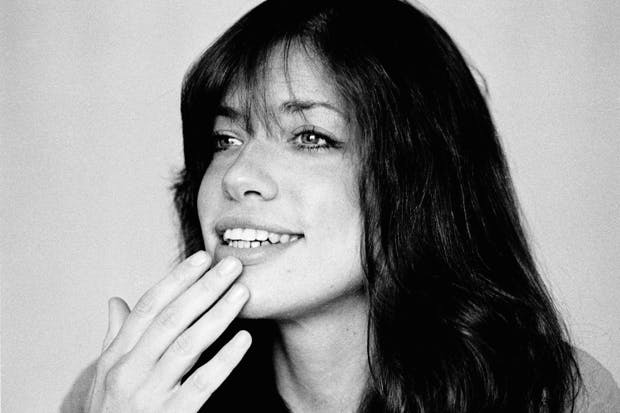






Comments
Don't miss out
Join the conversation with other Spectator Australia readers. Subscribe to leave a comment.
SUBSCRIBEAlready a subscriber? Log in